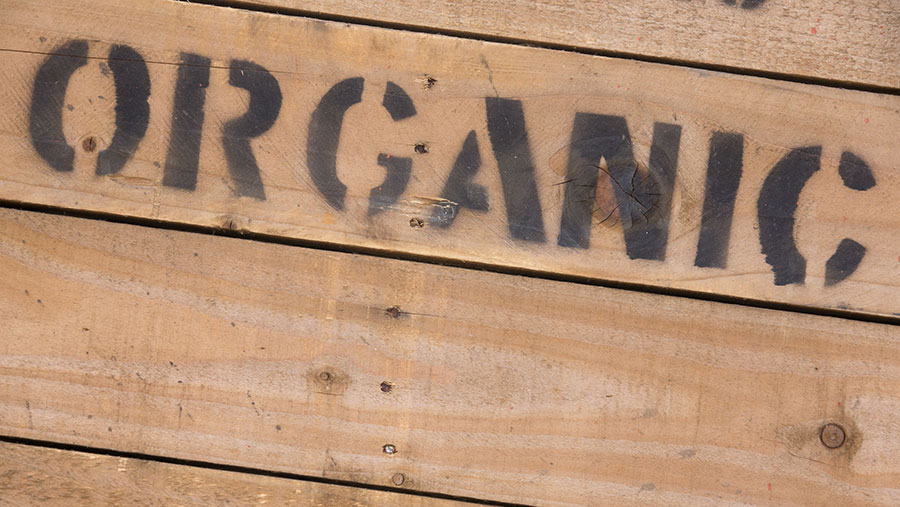Economist blasts ‘bonkers’ organic agriculture
 © Tim Scrivener
© Tim Scrivener People who believe organic farming can feed the world are bonkers, a leading agricultural economist has claimed.
Speaking at the Norfolk Farming Conference, Sean Rickard said industrial agriculture was the only way to meet demand for food from a rapidly rising global population.
“Let me say this as clearly as I can, those [people] who think organic agriculture offers a solution to this are bonkers,” he said on Thursday (2 February).
See also: Labour shortage may force organic dairies to opt for robots
Mr Rickard said he was “only too happy” to justify his claim.
“We should stop all this pandering to people with rope sandals,” he told conference delegates at the John Innes Centre, Norwich.
Rather than organic farming methods, the “sustainable intensification” of agriculture was the only way to achieve the necessary rise in farm output and increase in arable yields.
Sustainable intensification would also make global agriculture more resilient to the growing threat of climate change, while reducing greenhouse gas emissions.
The United Nations expects the global population to hit 9.7 billion by 2050.
Sustainable intensification
But Mr Rickard said demand for food was being driven by the growing affluence of developing countries – not just the increase in people numbers.
“As peoples’ incomes go from a dollar a day to two, three or five dollars a day, the first thing they change is their diet. They eat more meat and they eat more dairy products.”
Access to capital was vital for farmers to invest in the technology needed to make sustainable intensification a reality, said Mr Rickard.
This meant the future lay with larger-scale farms.
There would still be room for smaller family farms but most food would increasingly be grown by a relatively smaller proportion of larger farm businesses.
“Industrialisation is good,” said Mr Rickard. It brought forward advances in science and technology and lowered the cost of food, he added. “We should start to say that as clearly as we can.”
Mr Rickard addressed a range of other topics too – from Brexit to the food supply chain:
On Brexit
“If anyone is wondering what panglossian means, it is irrational optimism on the part of the government in the face of adversity. They haven’t a clue what they are going to do.”
On the value of sterling
“There is no such thing as a free lunch. Sooner or later inflation will catch up with your costs. If a falling currency was the secret of success, we would be the richest country in the world given that when I was born it was about $4 to £1.”
On red tape
“I heard many farmers argue that if we left Europe we would reduce regulation. I know not what planet those people are on. They are completely out of touch. There is very little chance of a serious reduction in regulation.”
On business relationships
“There is more distrust in the food chain than any other supply chain I am aware of.”
On competitiveness
“The truth of the matter is that you can’t really talk about agriculture as being competitive – it doesn’t make a great deal of sense. Agriculture is part of a value chain – you produce the raw products which are then turned into products by your customers. It is the whole value chain that working together has to be competitive.”
On subsidies
“What is absolutely clear to me is that the government is going to reduce support… Pillar One payments are going to go. You can argue about whether it will be five years or 10 years or whatever, but they are going to go.”
On agrobiotechnology
“I don’t use the words genetic modification these days – first because it seems to upset people of a simple mind and secondly because it is only part of the agrobiotechnological revolution.”
On a new dawn
“This industry is at the start of a revolution similar to the information and communication technology revolution which we faced as a country at the beginning of the 1980s. It changed our whole world and agrobiotechnology will change your whole world.”
On the environment
“Attitudes to the environment and the countryside reside within the individual – not within the farming system. It is the attitude of the farmer that matters and I have no reason to believe that the vast majority of farmers aren’t willing to protect the environment.”
On modern agriculture
“We are a hi-tech industry – we are a white coat rather than a smock industry.”
